Basic Concepts in Computational Physics
$179.99
ISBN: 9781645342250
Binding: Hardcover
Year: 2025
Pages: 170
Author: Lillie Parisian
Book Size: A4 (8.9 X 12.3)
“Basic Concepts in Computational Physics” serves as an indispensable guide for students, researchers, and enthusiasts delving into the fascinating intersection of physics and computational methods. This book offers a comprehensive exploration of the fundamental principles that underpin computational physics, providing readers with a solid foundation to tackle complex problems in various branches of physics.
Key Features:
Foundational Principles: The book begins by elucidating the foundational concepts of computational physics, ensuring a clear understanding of the theoretical underpinnings. Readers will gain insights into the mathematical and algorithmic principles essential for effective computational simulations.
Numerical Techniques: The text delves into a variety of numerical techniques commonly employed in computational physics. From finite difference methods to Monte Carlo simulations, the book presents these techniques with practical examples and applications, empowering readers to apply them to real-world problems.
Programming for Physicists: Recognizing the importance of coding skills in the field, the book includes a section on programming tailored for physicists. Readers will learn how to implement numerical algorithms using popular programming languages, fostering a hands-on and practical approach to computational problem-solving.
Applications Across Physics Disciplines: “Basic Concepts in Computational Physics” extends its coverage to diverse branches of physics. Examples and case studies span classical mechanics, electromagnetism, quantum mechanics, and statistical physics, illustrating the versatility of computational techniques in solving problems across the physical sciences.
Problem-Solving Exercises: Each chapter is complemented by a set of exercises designed to reinforce understanding and encourage active engagement. These exercises cover a range of difficulty levels, allowing readers to progressively enhance their computational skills.
Visualization and Interpretation: The book emphasizes the importance of visualizing computational results. Techniques for data visualization and interpretation are discussed, enabling readers to effectively communicate their findings and insights.
Practical Tips and Best Practices: Throughout the book, practical tips and best practices are shared to guide readers in avoiding common pitfalls and optimizing their computational workflows.
Whether you are a student new to computational physics or a seasoned researcher looking to expand your toolkit, “Basic Concepts in Computational Physics” offers a thorough and accessible resource for mastering the essential elements of this dynamic and rapidly evolving field.
Table of Contents
Only logged in customers who have purchased this product may leave a review.

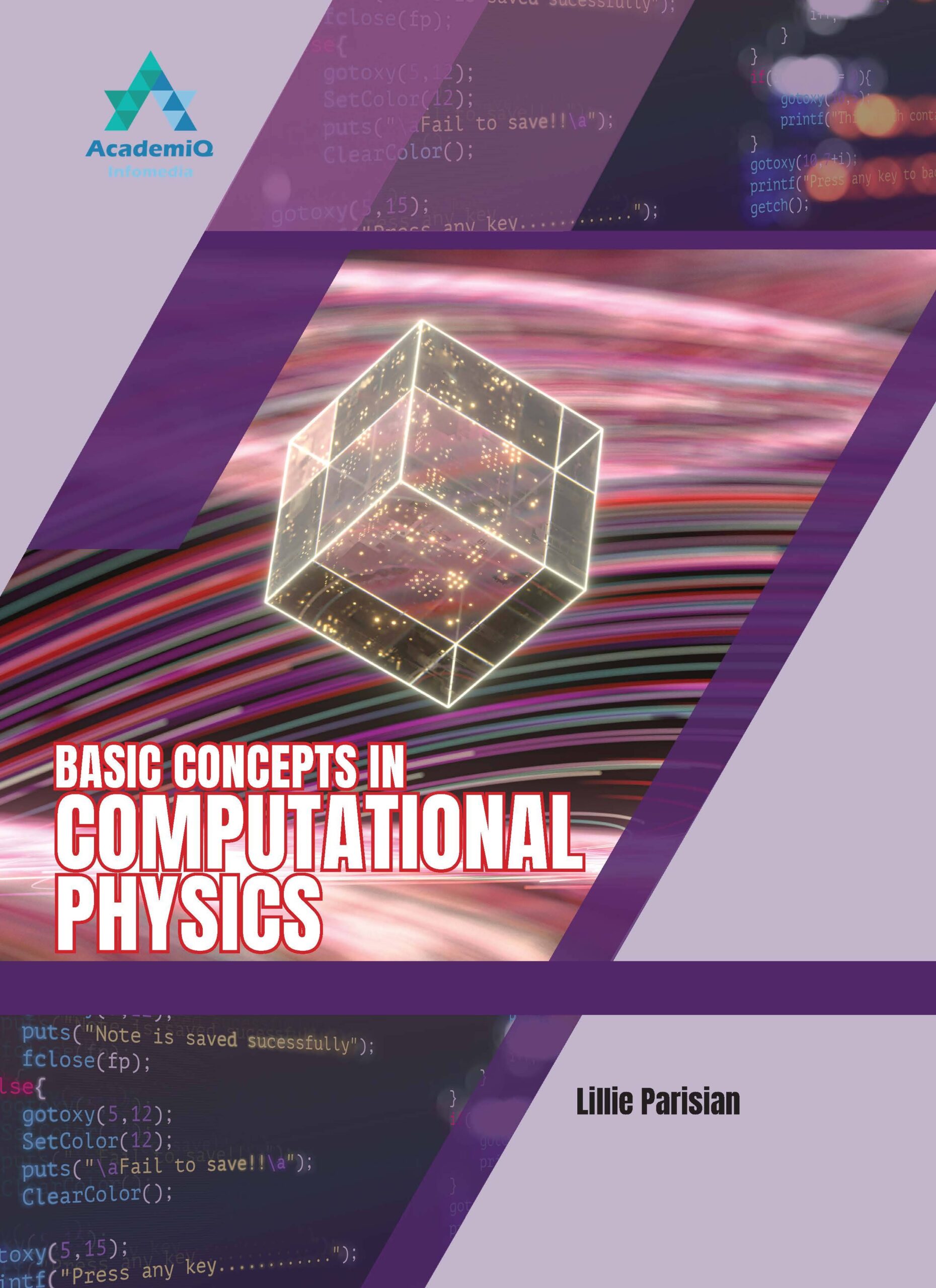


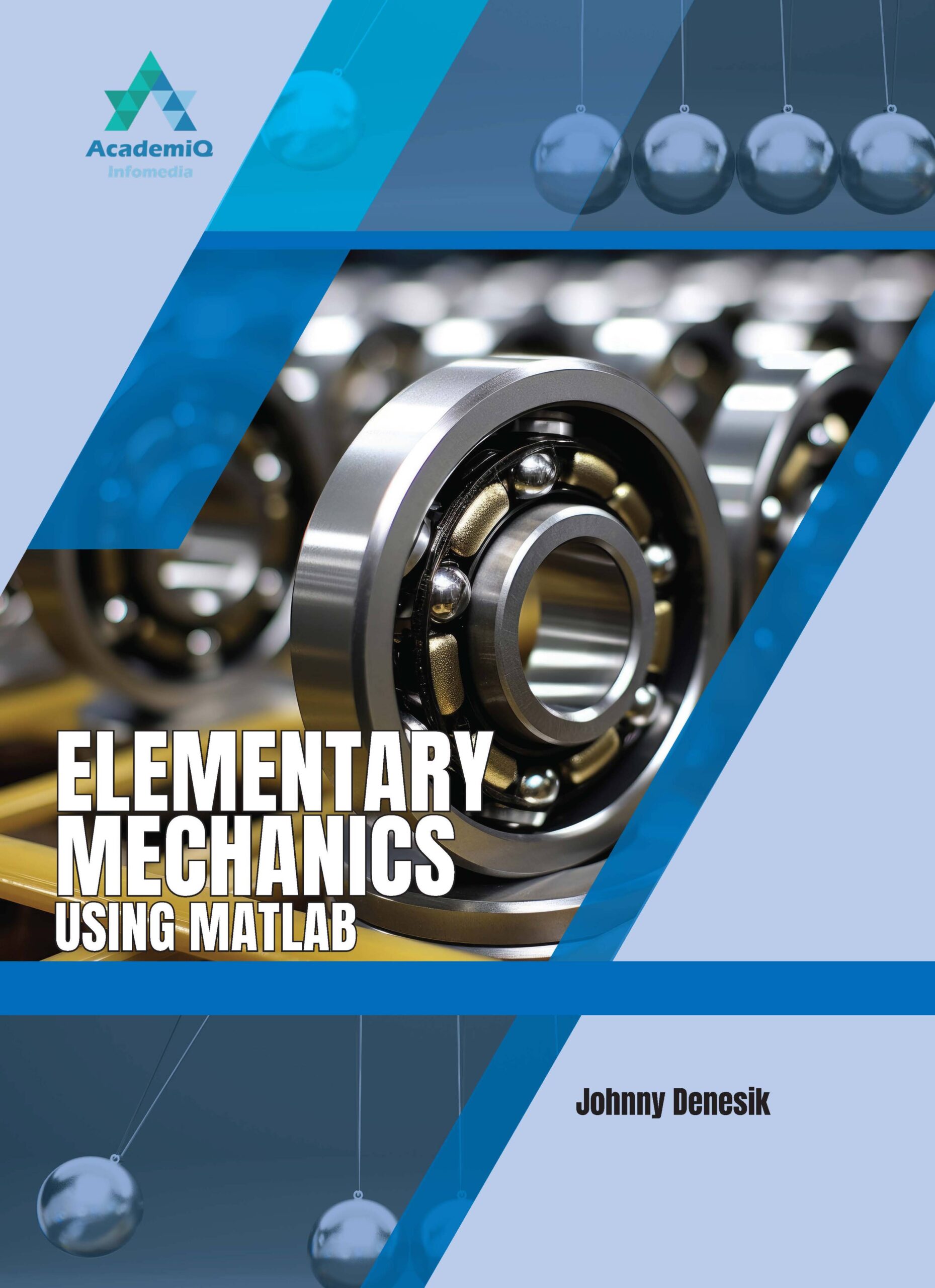
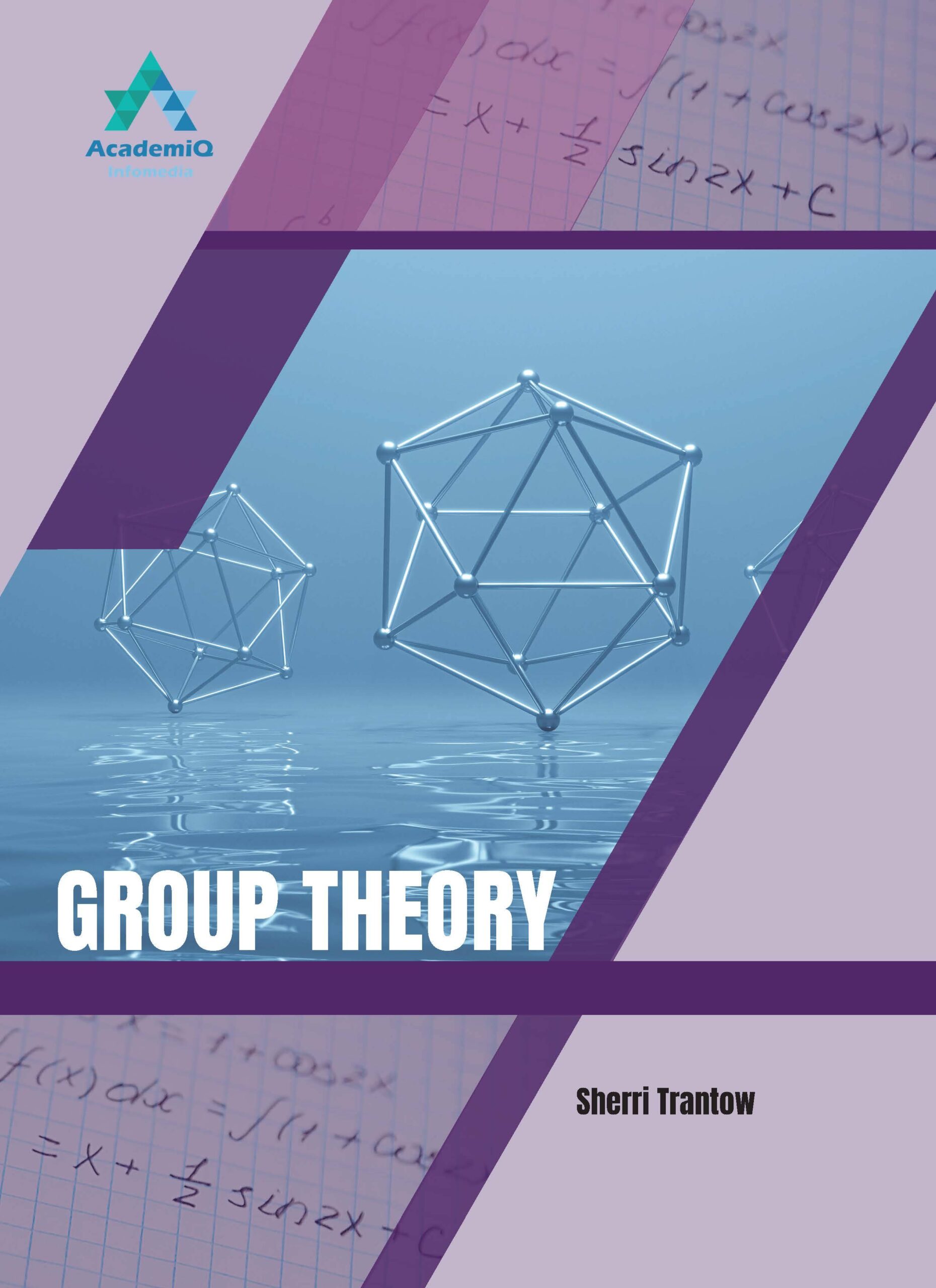

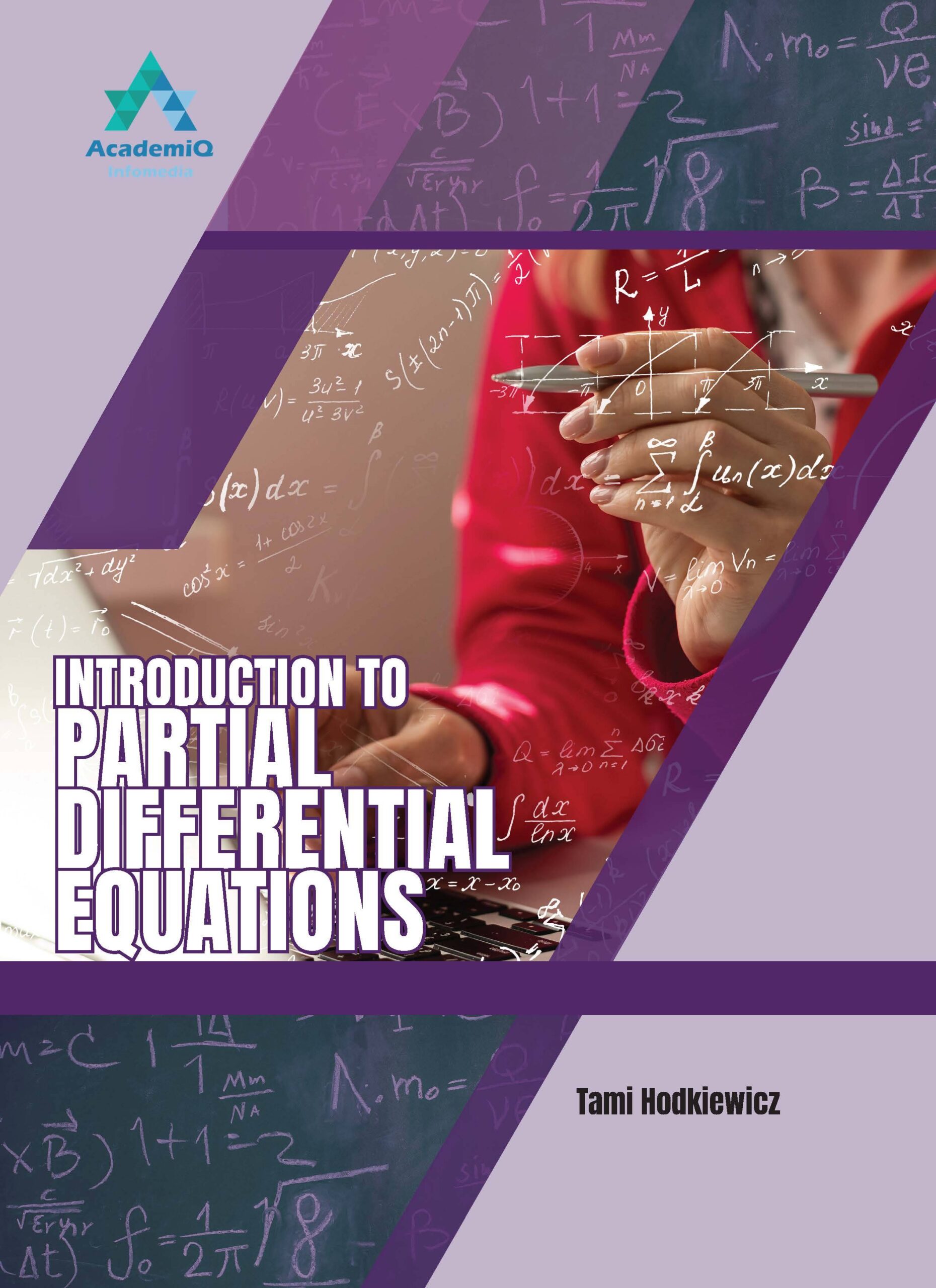
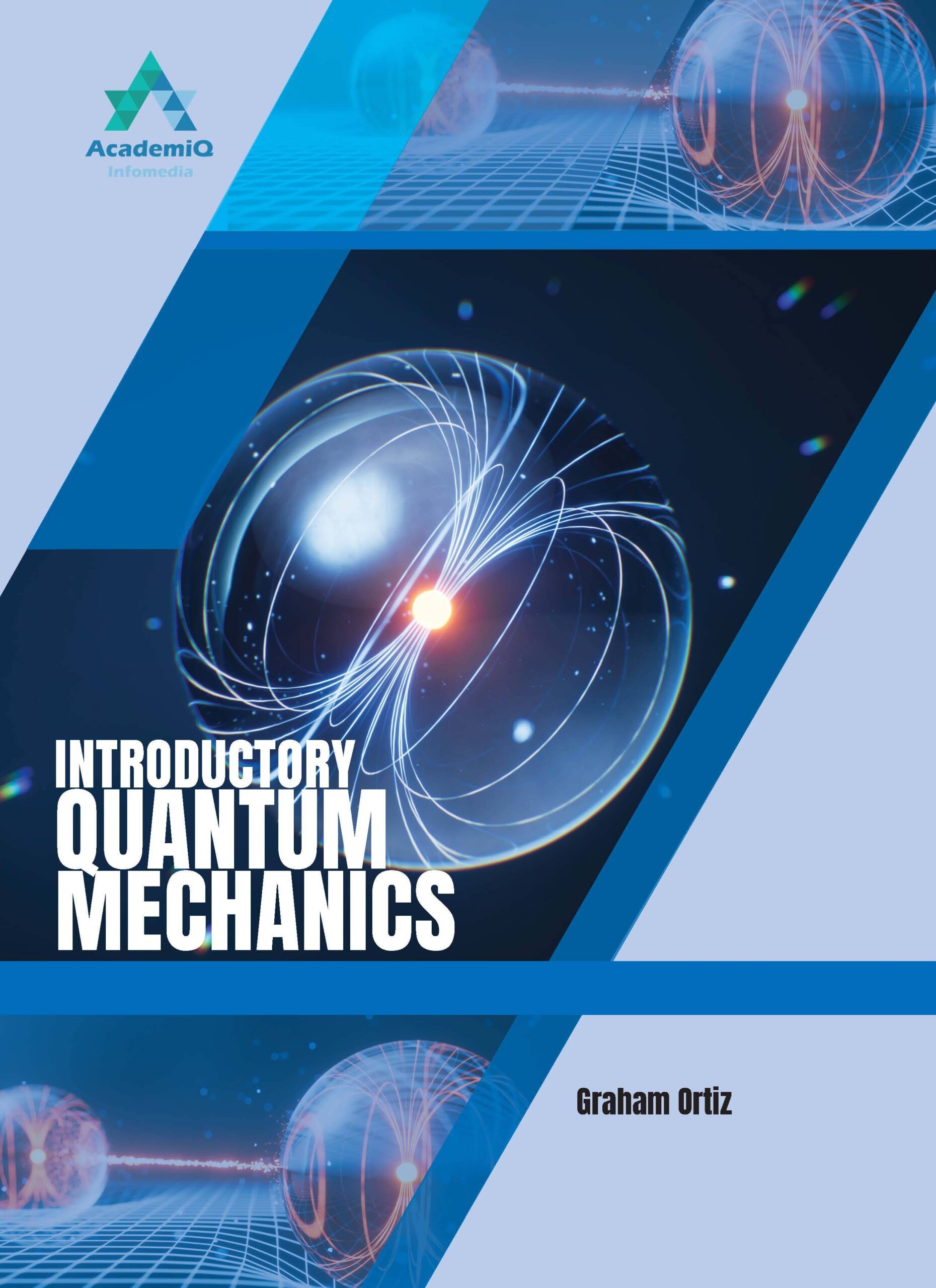
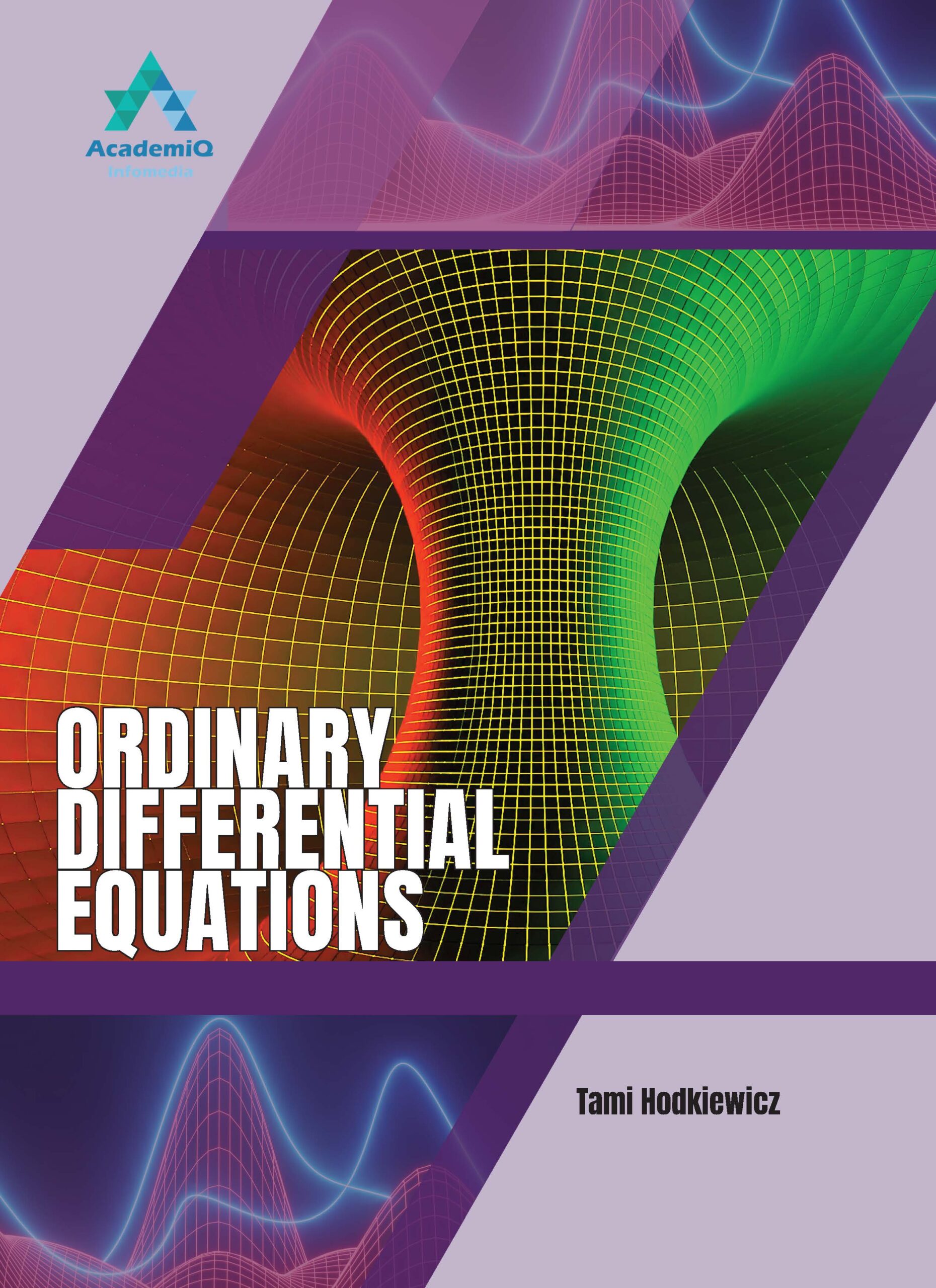
Reviews
There are no reviews yet.